Summaries of books about Economics:
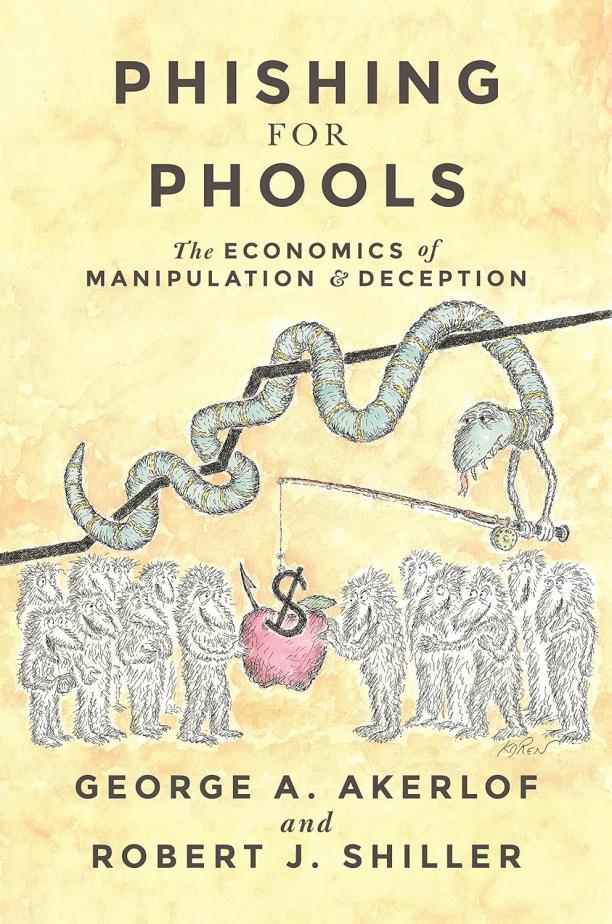
Phishing for Phools
The Economics of Manipulation and Deception
George A. Akerlof|Robert J. Shiller
The book explores how markets, while creating benefits, also systematically exploit weaknesses in human psychology, leading to manipulation and deception. It delves into various sectors, including finance, advertising, and politics, to illustrate how businesses and individuals use information asymmetry and psychological tricks to "phish" consumers and investors into making decisions that may not be in their best interest.
See full summary
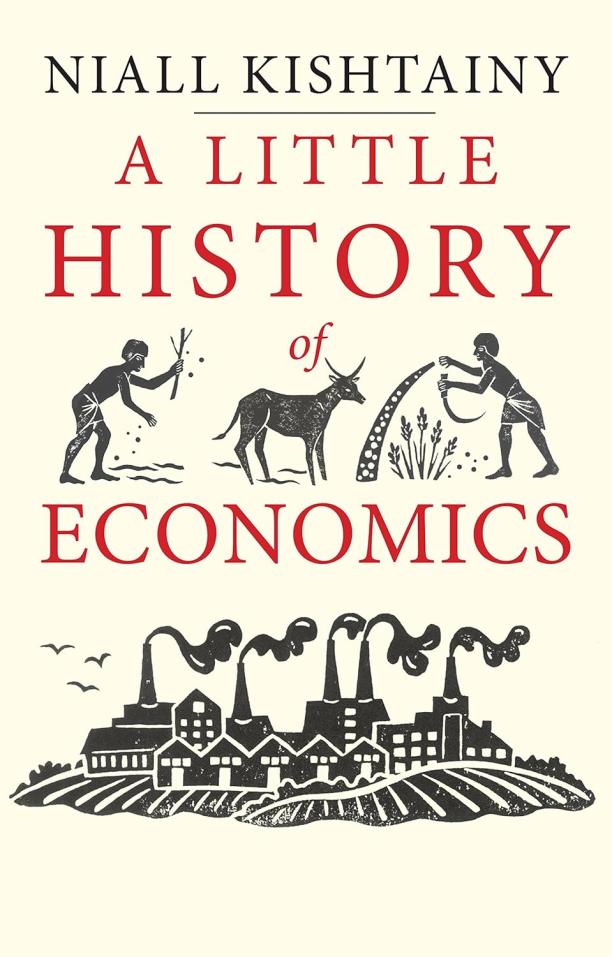
A Little History of Economics
Niall Kishtainy
The book presents a concise overview of economic ideas and theories from ancient times to the modern day, explaining complex concepts in an accessible manner. It covers the contributions of key economists and the impact of their ideas on society and policy through engaging storytelling.
See full summary
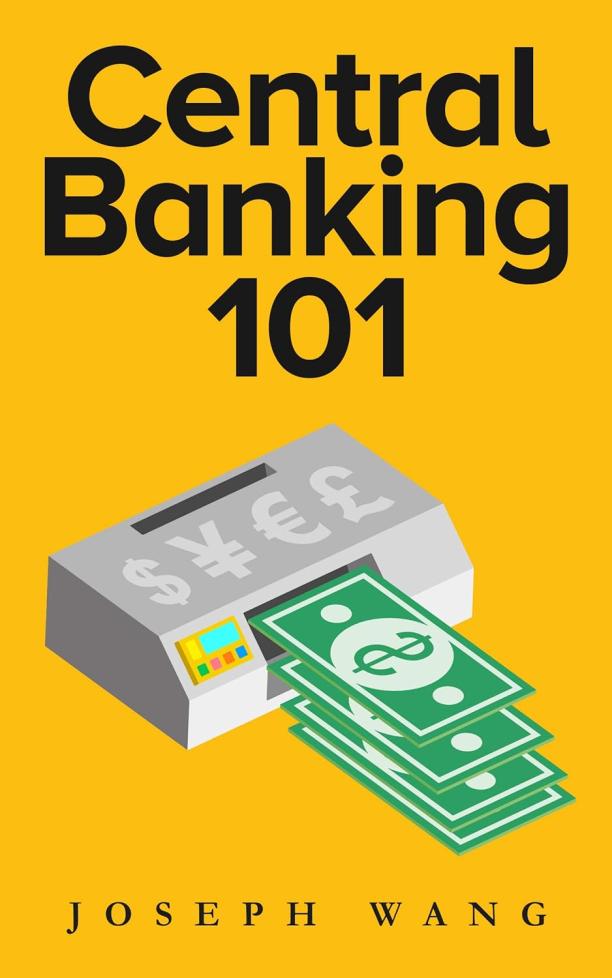
Central Banking 101
Joseph J Wang
The book provides an accessible introduction to the principles and operations of central banking, explaining the role central banks play in the economy, including monetary policy, interest rates, and financial stability. It delves into the complexities of the banking system, currency management, and the challenges central bankers face in the modern financial landscape.
See full summary
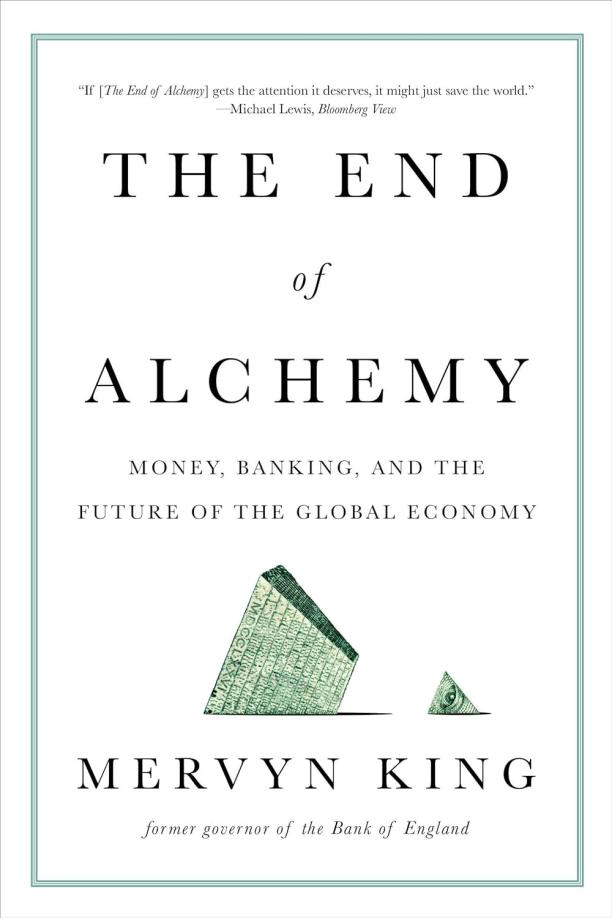
The End of Alchemy
Money, Banking, and the Future of the Global Economy
Mervyn King
The book critically examines the financial system, particularly the role of banks in creating money through lending, and argues that this alchemy is a source of economic instability. It proposes reforms to the banking sector to prevent future crises, including the adoption of a new financial architecture that separates the provision of payment services and the creation of money from risky investment activities.
See full summary
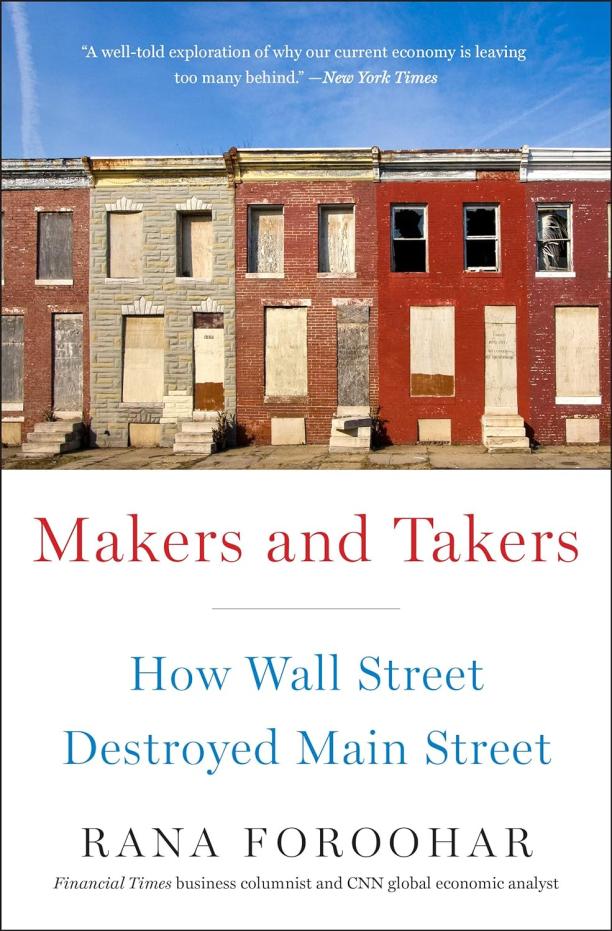
Makers and Takers
How Wall Street Destroyed Main Street
Rana Foroohar
The book examines the detrimental impact of the financial sector on the broader economy, arguing that Wall Street's focus on short-term profits has stifed innovation and growth in other industries. It delves into how financialization has led to economic inequality and instability, while offering insights on how to reform the system for the benefit of Main Street.
See full summary
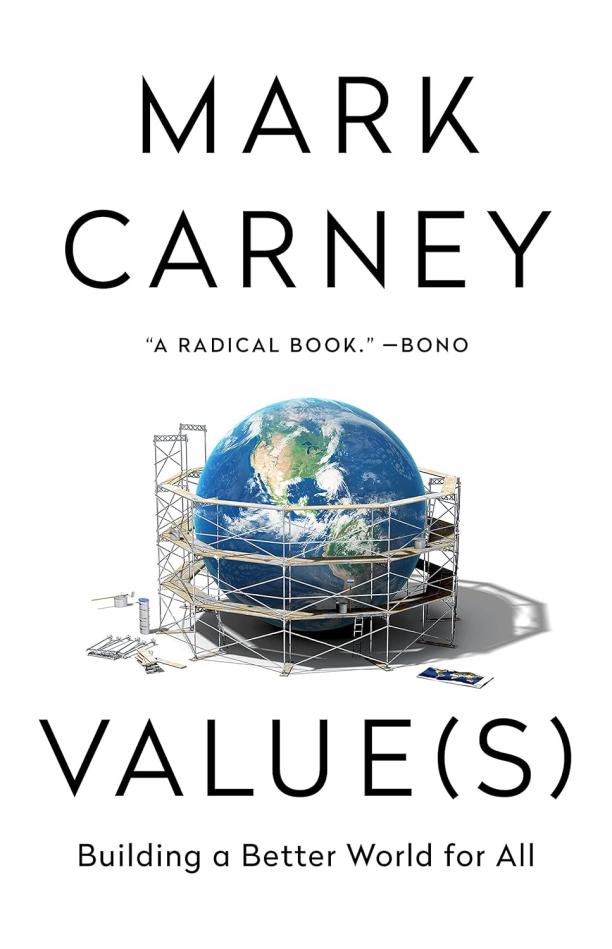
Value(s)
Building a Better World for All
Mark Carney
The book explores the intersection of value systems and economic value, arguing for a reevaluation of what society considers important in the face of global challenges like climate change and inequality. It presents a vision for aligning market forces with moral and social values to create a more sustainable and inclusive world.
See full summary
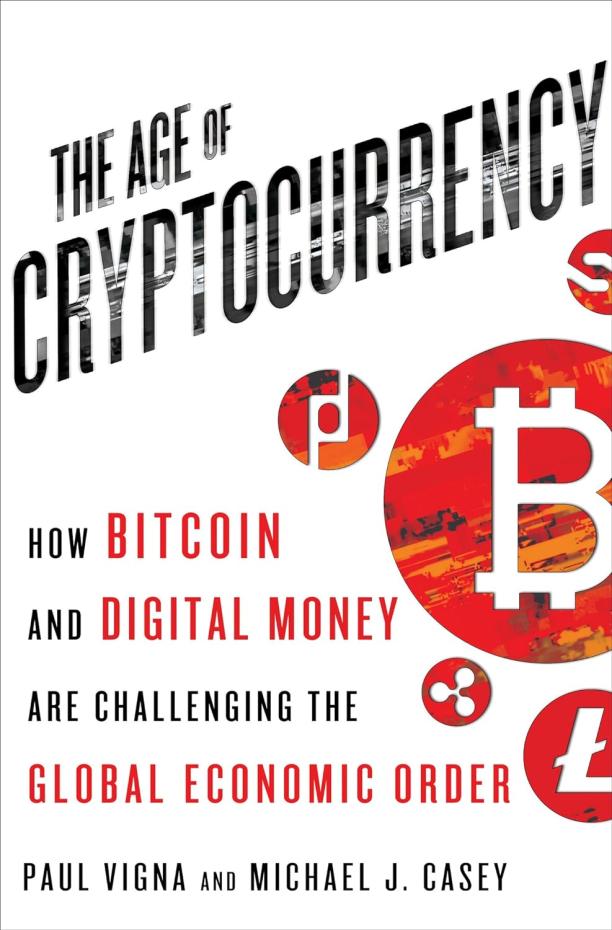
The Age of Cryptocurrency
How Bitcoin and Digital Money Are Challenging the Global Economic Order
Paul Vigna|Michael J. Casey
The book explores the rise of Bitcoin and other cryptocurrencies, examining their potential to disrupt the traditional financial system and the way money is viewed and used globally. It delves into the technology behind digital currencies, the people involved in the movement, and the socio-economic implications of a decentralized monetary system.
See full summary
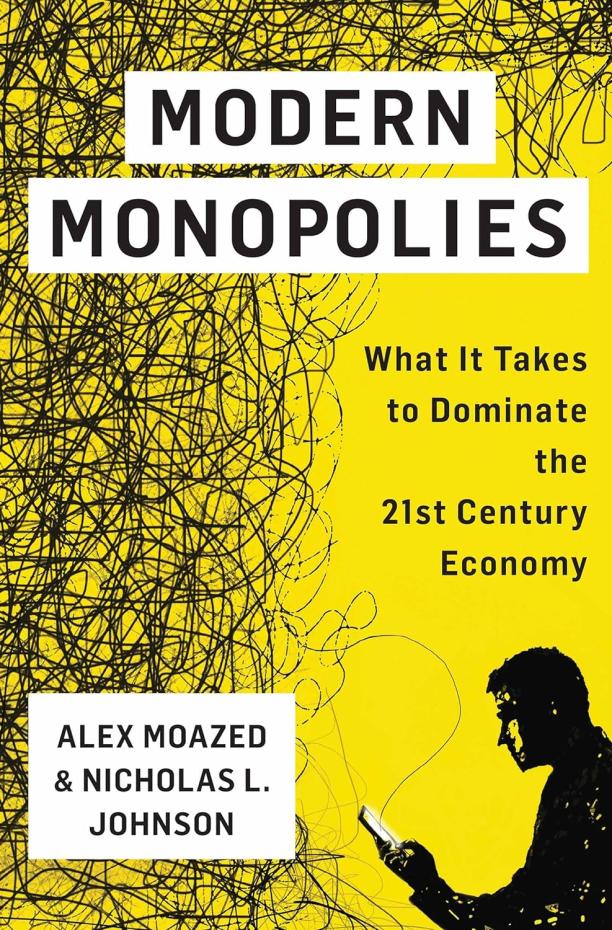
Modern Monopolies
What It Takes to Dominate the 21st Century Economy
Alex Moazed|Nicholas L. Johnson
The book analyzes how platform-based businesses like Uber, Airbnb, and Amazon have come to dominate the modern economy by creating ecosystems that connect users and producers in powerful networked markets. It explores the strategies these companies use to scale and maintain their monopolies, and the impact they have on competition and innovation.
See full summary
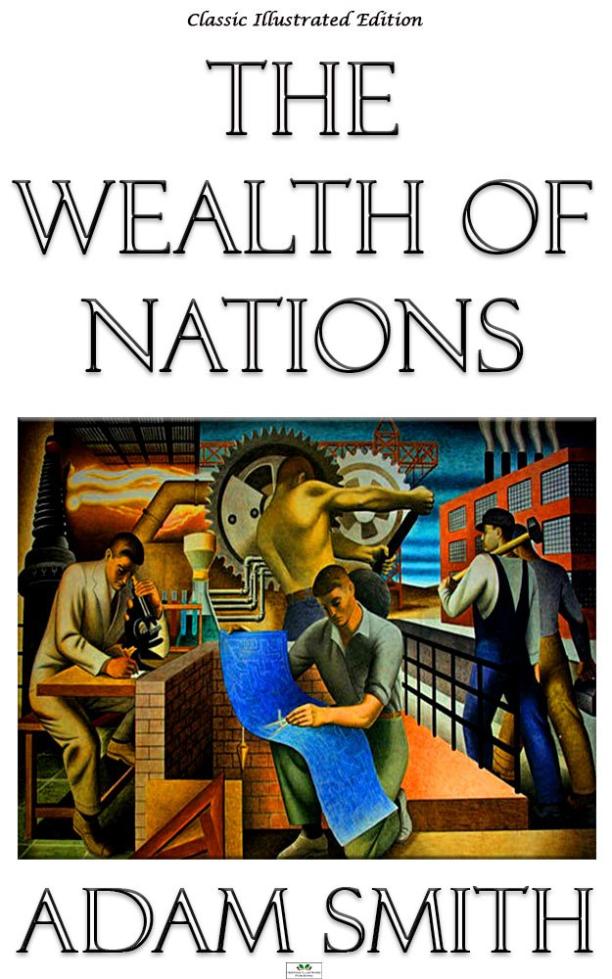
The Wealth of Nations
Adam Smith
The book presents a foundational treatise on economics, exploring the nature and causes of a nation's prosperity, with a focus on the division of labor, productivity, and free markets. It includes discussions on the role of self-interest, the function of capital, and the impact of government policies on economic growth, all illustrated to enhance comprehension.
See full summary
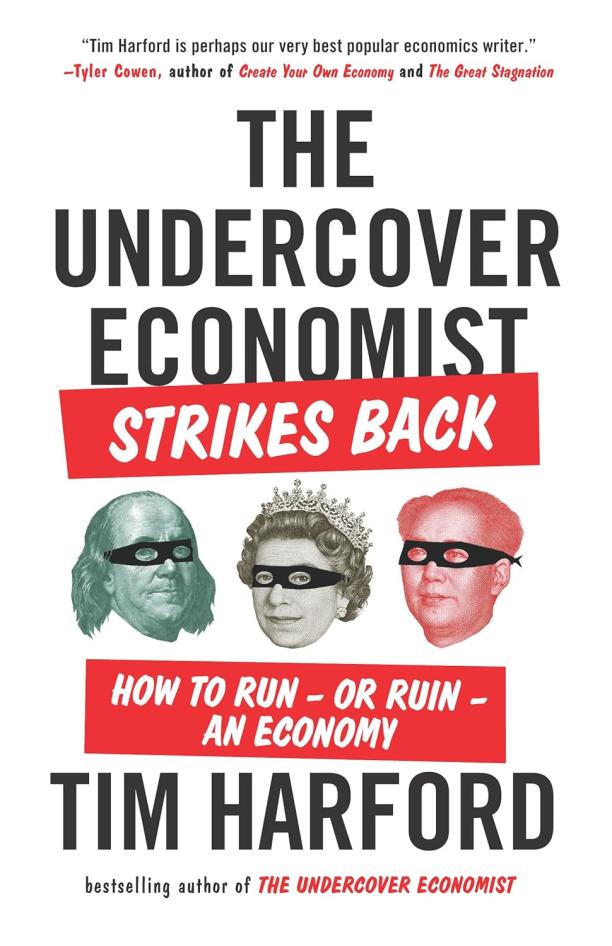
The Undercover Economist Strikes Back
How to Run--or Ruin--an Economy
Tim Harford
The book delves into the complexities of macroeconomics, explaining how economies function, the role of governments in managing economic activity, and the impact of policy decisions on inflation, unemployment, and growth. It employs accessible language and real-world examples to demystify economic concepts and the challenges faced by policymakers in steering national economies.
See full summary